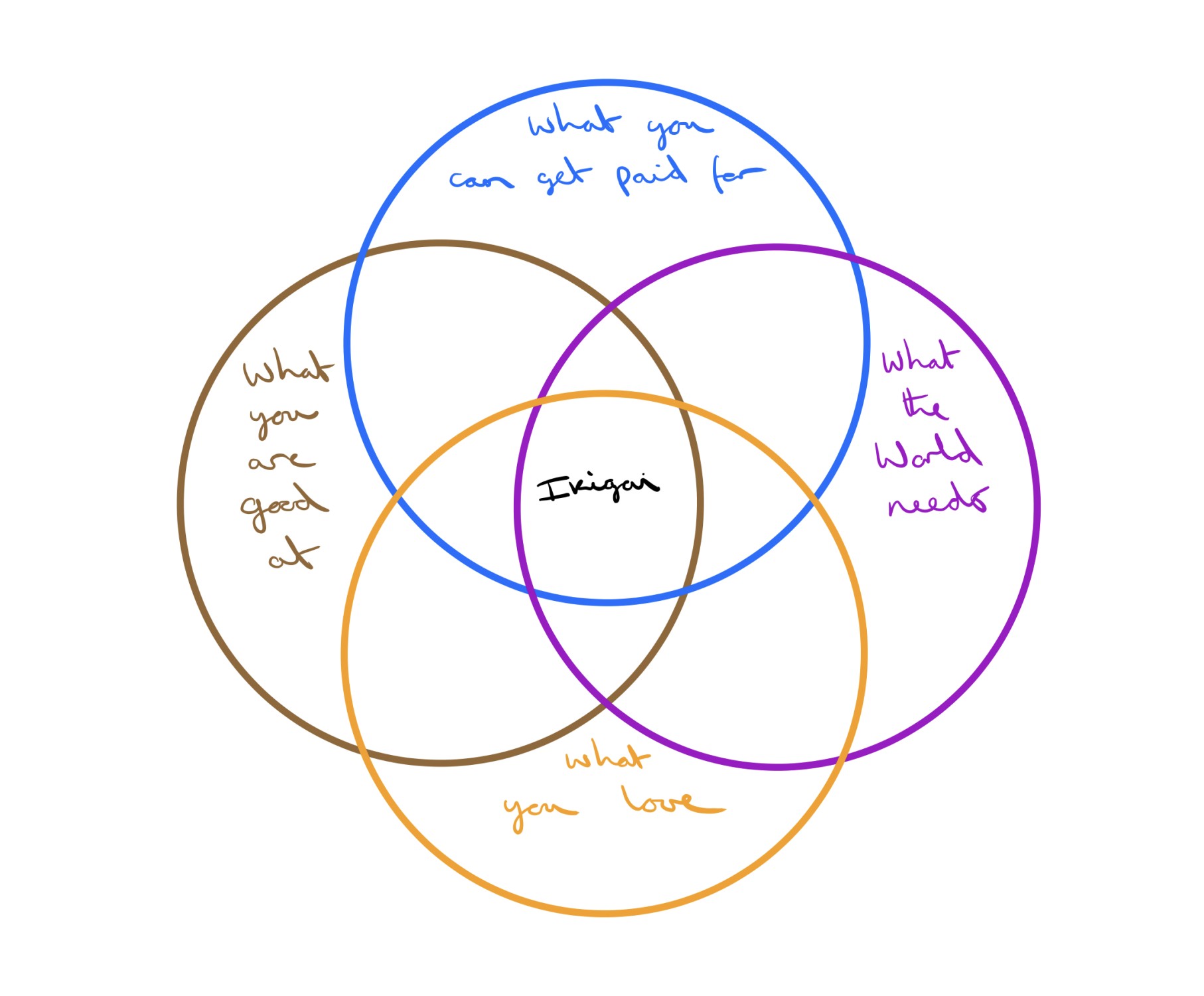There’s a place for everything – and everything in its place? Or…?
Ever get the feeling that life is preordained? That everyone, and everything, fits neatly into…
From a very early age, I’ve believed that the primary purpose of my life is to evolve to the highest possible level: to get faster, stronger, cleverer, kinder, more empathetic : that is to say, develop every aspect of my existence towards its ultimate potential. This is probably why I’ve had a lifelong affinity towards the martial arts, which ultimately led me to living and working in Japan in the 1990s. The samurai of ancient Japan lived according to the code of Bushido – the way, or path, of the warrior. For the samurai, the way of the warrior was not just about killing. It was about refining the self through a variety of endeavours. Samurai were not just versed in the art of killing through the practice of martial art. They also trained in the arts of Ikebana (flower arrangement), Shodo (calligraphy), Haiku (poetry), Chado (tea ceremony), and Zazen (meditation). This concept was encapsulated in the maxim ‘bun bu ryo do’: the way, or path, of the pen and the sword; which is the transliteration of the calligraphy at the head of this article. According to this Samurai precept, balancing the development of the mind (including the concepts of intellect and wisdom) and the body was of utmost importance.
Work has never primarily been a source of income and wealth for me, although this is clearly a necessary aspect of modern living. Work, to me, is purely another tool by which I can hone mind, body and spirit. After all, money is very fickle and temporary. Wisdom is probably enduring, cumulative and exponential. This attitude towards work may have helped me weather the trials and tribulations of business better than some of the people I have had the pleasure of meeting over the years. Many people I have met seem to have a ‘work hard now so that I can retire early’ mindset. This makes no sense to me. My proposal to those people is stop doing what you are doing, right now, and do something different because life is too short. We all owe it to ourselves to find the intersection of our life’s purpose and a method of earning a sustainable living: one’s ‘Ikigai’. ‘Ikigai’ is another Japanese concept that encapsulates the idea of a career that involves something that we love, we are good at, we can get paid for, and that the world needs. Visually, this can be expressed as a Venn diagram:

Alternatively, if one takes the above Samurai-style attitude toward one’s work (the idea that it is just one of the things in our lives that hones mind, body and spirit), we could reinvent our experience of our current work. We can do the same thing but experience it in an entirely different way. The power of the human mind and the subjectivity of perception allows us to do this. Change our attitude and it changes our perception and, therefore, our reality. So, what should we do with these ideas? Well, in Japan, one would seek a Sensei. This title is used to address a variety of roles such as teacher, doctor and other professionals such as clergy, accountants, lawyers, physicians and politicians. Maybe the common denominator is ‘a person who helps facilitate understanding in another’. In the West, it might be considered analogous with the concept of a coach. A coach can act as an objective third party, external to our circumstances, who can help us achieve an alternative understanding of our situation and facilitate insight. By working with a coach we can change our perception, improve our experience and achieve our full potential. Clearly, this is not just of personal benefit but makes us more valuable tools within the organisations for which we work.
For guidance and advice on any of the concepts outlined in this blog, please contact me via any of the following methods:
Telephone: 01522 700600
Email: sean@refinity.co.uk
Ever get the feeling that life is preordained? That everyone, and everything, fits neatly into…
[Missing Image] Can you know the unknown? A few years ago – well, actually, about twenty years…